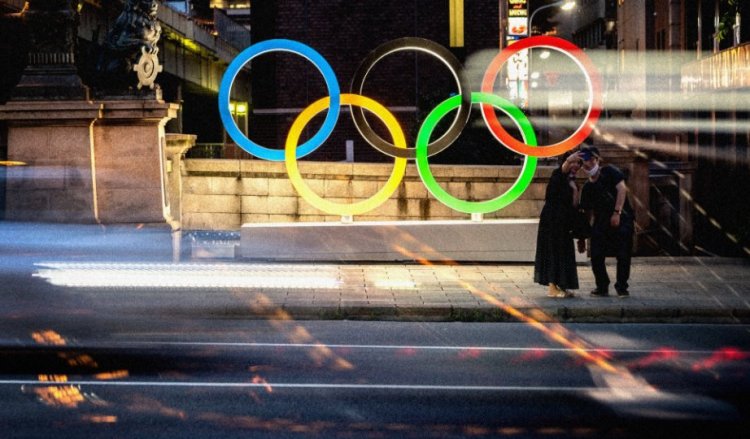Russia banned from Tokyo Olympics, but punishment meant for the name only
World Anti-Doping Agency (WADA) says they are disappointed that Court of Arbitration for Sport (CAS) has decreased the level of the sanctions from four years to two years and that CAS allows Russian athletes to compete with the colors of the flag in the uniforms with punishment affecting the name only

Russia has officially been banned from Tokyo Olympics 2020 and reports further suggest that the punishment is effectively in name only.
With the opening ceremony set for later today, the World Anti-Doping Agency officials again revisited the Court of Arbitration for Sport case against Russia that they largely won on the facts but lost on the sanction.
Russia had done everything multiple investigations and WADA’s case determined it did. Nevertheless, the CAS panel reduced the country’s sanction from four to two years in late 2020. Individual athletes not tied to the doping program can compete as neutrals
Even though COVID-19 might be the story of these Olympics, but the years-long Russian doping scandal has remained at the forefront for a third consecutive Game.
What that means for these Games is that Russia is not here officially, at least there will still be 335 Russians competing.
They won’t get their flag or national anthem. But they will wear uniforms in the country’s colours, against WADA’s recommendation for neutral colours, and with the acronym ROC – short for Russian Olympic Committee, the body that fields Russia’s teams in every other Games.
“We at WADA remain disappointed that CAS has decreased the level of the sanctions from four years to two years and that CAS allows Russian athletes to compete with the colours of the flag in the uniforms,” WADA President Witold Bańka said when asked about the case.
In the years since revelations of widespread doping in track and field came to light in late 2014, multiple WADA investigations revealed state-sponsored doping programs that ran from 2011 to 2015 and involved more than 1,000 athletes in at least 30 sports.
It involved the subversion of anti-doping protocols in two Olympics, including swapping out dirty urine for clean samples through a hole in the wall during the Sochi Games.
WADA suspended the Russian Anti-Doping Agency for three years on the condition that the Russian agency release data from its Moscow lab. When it finally did, after the deadline, WADA found Russia had tampered with the data.
It declared RUSADA non-compliant and banned Russia from international competition for four years.
In scaling back sanctions, CAS said it “considered matters of proportionality.”
“This should not, however, be read as any validation of the conduct of RUSADA or the Russian authorities,” it said.
Yet it has effectively left Russia with a sanction in name only.


 Sebastian Nkrumah Listowell
Sebastian Nkrumah Listowell 


































